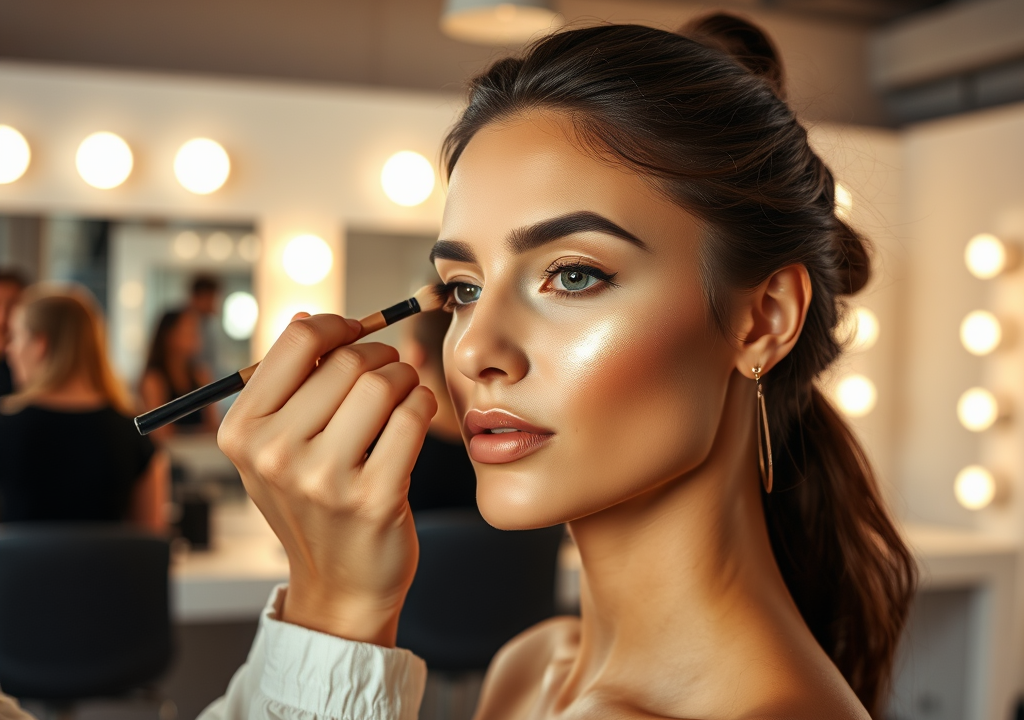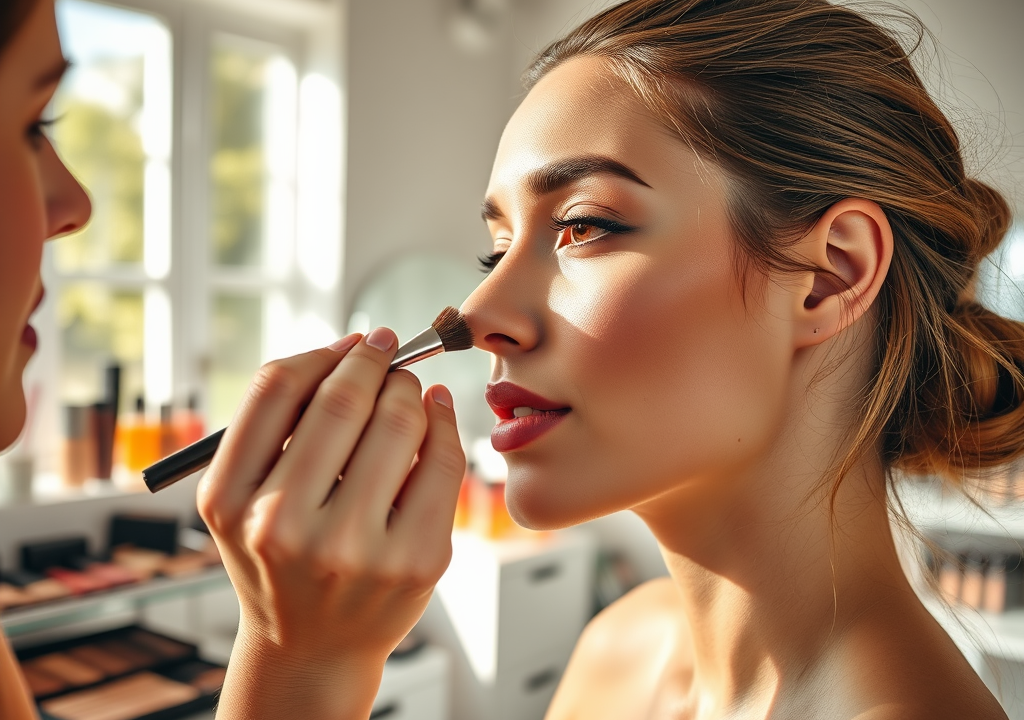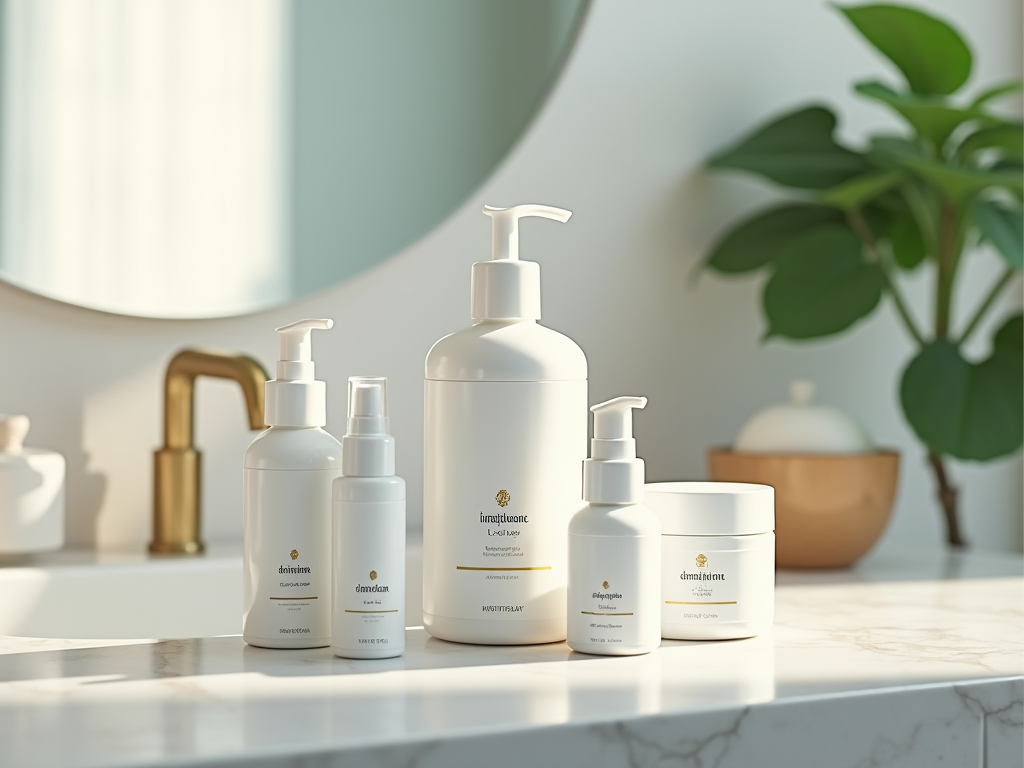Dimethicone, a silicon-based polymer, often sparks debates within the beauty industry for its widespread use and perceived benefits and detriments. This article dives into what dimethicone truly offers its users, exploring whether its presence in skincare and haircare products should be embraced or avoided. Whether you’re a beauty aficionado or just someone curious about ingredient lists, this overview will provide clarity on the dimethicone debate.
What is Dimethicone?

Dimethicone is a type of silicone, a large-scale category of polymers used extensively in cosmetic products. Known for forming a smooth, silky barrier on the skin’s surface, it effectively traps moisture and enhances the layer of application. It’s a common ingredient in moisturizers, conditioners, and a variety of other personal care items. Despite its prevalence, some consumers remain wary about its occlusive nature, which can potentially lead to pore-clogging and skin irritation for certain individuals.
Common Uses of Dimethicone in Beauty Products

Dimethicone is omnipresent in the beauty industry due to its versatile benefits. It acts as an emollient, helping to smooth the skin and leaving it with a supple feel. In makeup, it creates a flawless, matte finish which prolongs wear. In hair products, it adds shine, minimizes frizz, and makes hair easier to detangle. Its non-tacky, spreadable consistency is one reason why formulators frequently opt for its inclusion. However, despite these benefits, it’s important to consider the individual needs of your skin and hair type.
Benefits of Using Dimethicone
The advantages of incorporating dimethicone in your skincare or haircare routine can be substantial. Here are some key benefits:
- Creates a protective barrier on the skin that reduces moisture loss.
- Provides a silky, smooth finish that enhances makeup application.
- Improves the texture and appearance of hair, making it easier to manage.
- Reduces the appearance of fine lines and wrinkles by temporarily “filling in” the skin surface.
- Non-comedogenic in nature, reducing the likelihood of clogged pores for most skin types.
These benefits have made it a staple in many formulations. However, it’s essential to balance these with potential downsides, especially for those with sensitive skin or scalp concerns.
Despite its popularity, dimethicone has faced criticism. The primary concern revolves around its occlusive nature, which can potentially trap sweat, bacteria, and other impurities on the skin’s surface, leading to breakouts, particularly in acne-prone individuals. Additionally, because it creates a water-impermeable barrier, it may inhibit the skin’s natural regulatory processes. This can cause difficulties for certain skin types, leading to an imbalance in oil production or exacerbation of skin conditions.
Conclusion
Dimethicone remains a polarizing yet vital component in the cosmetics sector. Its benefits, from improved texture to enhanced moisture retention, make it favored by product developers and users alike. However, understanding your skin’s unique needs and reactions is crucial when integrating dimethicone-rich products into your routine. Always balance your personal care priorities with ingredient understanding to ensure you make the best choices for your individual needs.
Frequently Asked Questions
Is dimethicone safe to use on sensitive skin?
While dimethicone is generally considered safe, those with sensitive or reactive skin should perform a patch test prior to full application, as reactions can vary from person to person.
Can dimethicone cause acne breakouts?
Dimethicone is typically non-comedogenic, but its occlusive nature may contribute to breakouts in some individuals by trapping oils and bacteria on the skin.
How do I know if a product contains dimethicone?
Check the ingredient list on the product label. Dimethicone will be clearly listed among the other components if it is present.
Does dimethicone have any environmental concerns?
Concerns have been raised about silicone biocompatibility, as it is not biodegradable. However, it poses minimal risk when washed down the drain compared to certain other compounds.
Are there natural alternatives to dimethicone?
Yes, natural oils like jojoba and almond can mimic the smoothing and moisture-holding properties of dimethicone without the synthetic base.





